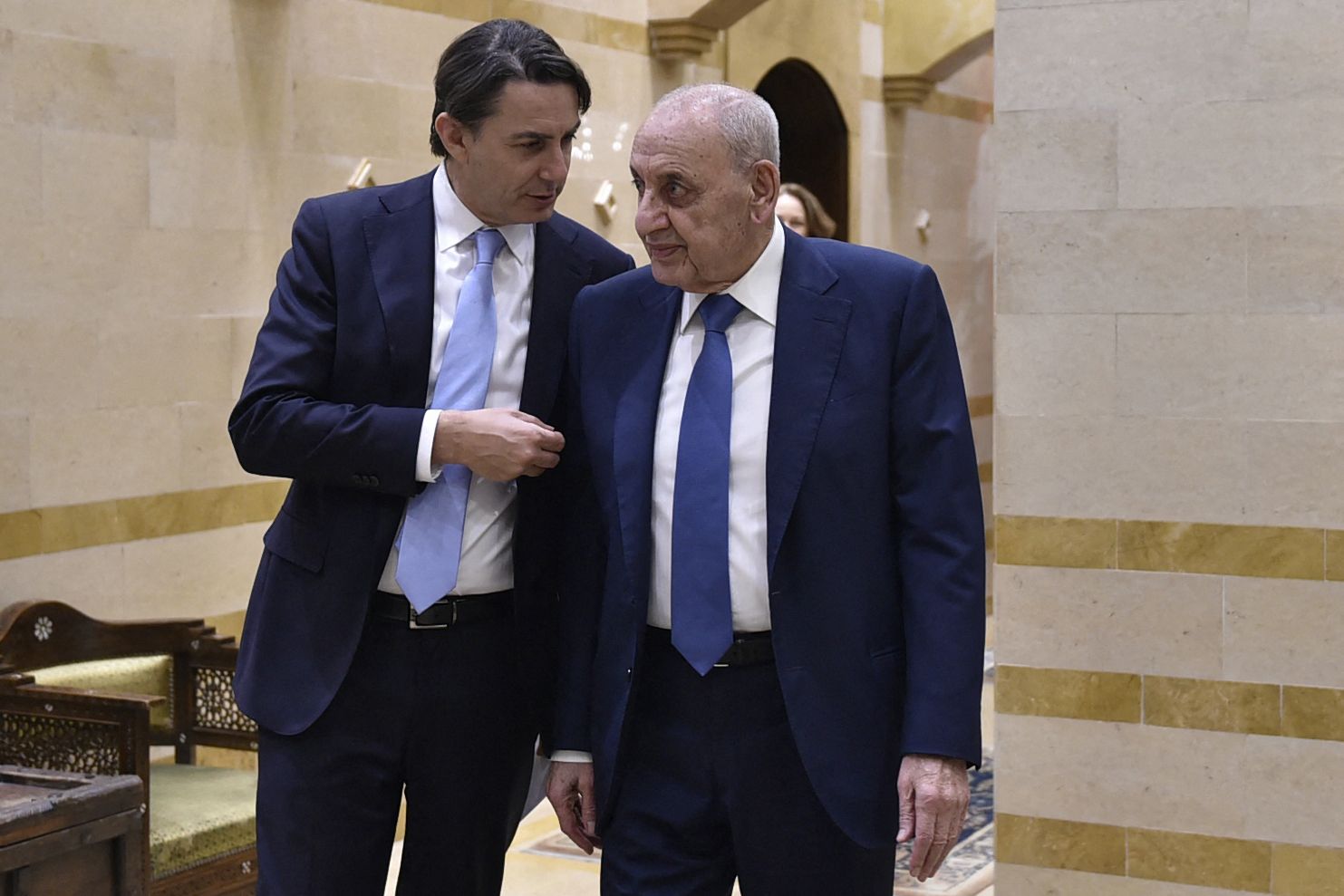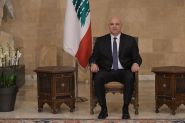
As soon as Amos Hochstein, the Senior Advisor to the United States president, wrapped up his visit to Beirut, the Israeli army issued an assessment of its ongoing war against Hezbollah. The report highlighted a depletion in Hezbollah’s military strength and firepower, along with a lack of combat coordination between its units, concluding that residents could return to northern settlements within weeks.
Well-informed sources have interpreted this statement as indicating that the Israeli army aims to return the residents by imposing a new reality through force, and later formalizing it through an agreement tied to Resolution 1701. As a result, it appears that the Israeli side is not ready to engage in serious discussions with Hochstein about any arrangements until it achieves a decisive outcome on the ground – one it considers substantial enough to support its demands for security arrangements in the south, based on the implementation mechanisms of Resolution 1701.
A source close to Parliament Speaker Nabih Berri highlighted after the meeting with the US envoy that Hochstein did not present any new Israeli proposals regarding the implementation of Resolution 1701. However, he stressed that Israel will not accept a return to the situation that prevailed from 2006 until October 2023. This situation must change to prevent a recurrence of what is currently happening with Hezbollah.
In this context, sources closely monitoring Hochstein's discussions indicated that the US special envoy did not receive any practical proposals from Berri regarding the implementation of Resolution 1701, nor did he address Resolutions 1680 and 1559. They raised concerns about Hezbollah's commitment to establishing a weapons-free zone south of the Litani River. Hochstein came away with the belief that the good intentions publicly expressed by the Lebanese side are insufficient. In fact, a clear decision is needed to cease fire, withdraw weapons and armed groups from the region, and implement mechanisms for the full execution of Resolution 1701. Furthermore, Hochstein expressed concerns that the pro-war faction in Lebanon may still be maneuvering, believing it can once again outsmart the international community.
Moreover, the same sources emphasized that Hochstein's messages to Lebanese officials, and indirectly to Hezbollah, were clear: Lebanese interests must take precedence over all regional interests, and a strict and transparent implementation of Resolution 1701 is essential. They underscored that the implementation mechanisms to be adopted will guarantee this rigor and transparency, and that monitoring the implementation from the Lebanese side will be strict, employing techniques and operations from land, sea and air.
In this respect, insider information revealed that Hochstein discussed with Army Commander General Joseph Aoun whether the army has a plan ready for deployment in the area south of the Litani River. He also inquired about the scale of this deployment, its mechanisms, and its effectiveness in preventing any violations of Resolution 1701, as well as the Lebanese Army’s requirements in terms of personnel, technology and equipment needed to execute this precise and sustainable operation.



Comments